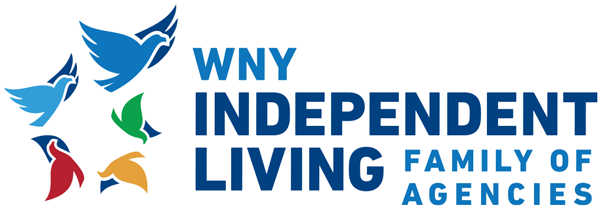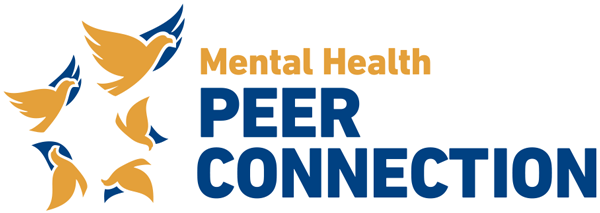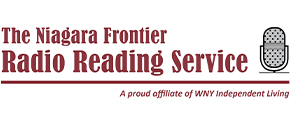Empowerment Education Equality
The WNY Independent Living Family of Agencies
WNYIL is a family of agencies that provides services and programs which assist individuals with disabilities to remain independently living, working and thriving in the communities of their choice.
Available Programs & Services
Advocacy
We can help you to understand your rights and access benefits, while pushing for systemic change.
Aged, Blind & Disabled Facilitated Enrollment Program
The Aged, Blind & Disabled Facilitated Enrollment Program helps individuals who are over 65, certified blind and/or disabled regardless of age, to apply for programs.
Community-Based Behavioral Health Supports
HCBS provides services for hard-to-reach adults experiencing behavioral health issues.
Consumer/Veteran Directed Home Care
Learn how you can receive personal care services and help with activities of daily living.
Employment Support
We can provide job skills training, job placement assistance and job coaching to people with all types of disabilities.
Health Homes Care Coordination
Offering consumers with two more chronic illnesses the opportunity to manage their health with the expert assistance.
Housing Assistance
Our staff can help in identifying available housing programs and options.
Independent Living Centers
ILCs are community-based, cross-disability, non-profit organizations that are designed and operated by people with disabilities for people with disabilities.
Independence Express
WNYIL’s transportation program, Independence Express, offers rides for people with disabilities who reside in Erie, Niagara, Wyoming, Genesee and Orleans Counties.
Information & Referrals
Our staff can assist you with benefits advisement, budgeting, skills training and more.
Loan Closets
Our loan closets are stocked with durable medical equipment to assist with personal needs or mobility.
Mental Health Support
Meet with staff to learn about programs and services to support your Mental Health.
Nursing Home/Hospital Transition
We advocate for nursing home residents, help them transition to the community and coordinate the services they need to live independently.
NY Connects
NY Connects is the ability to make one phone call to get access to Long Term Supports and Services.
Peer Support
Independent Living Specialists can help you establish plans and provide support as you work toward your goals.
Recovery Supports
Our Support Specialists will support you through your transition from addiction to recovery.
Renewal Center
A peer-operated and peer-staffed retreat for those experiencing a mental health pre-crisis or crisis.
Youth Services
Programs to assist Youth (age 14-24) who are transitioning out of high school and into college or the workplace.






